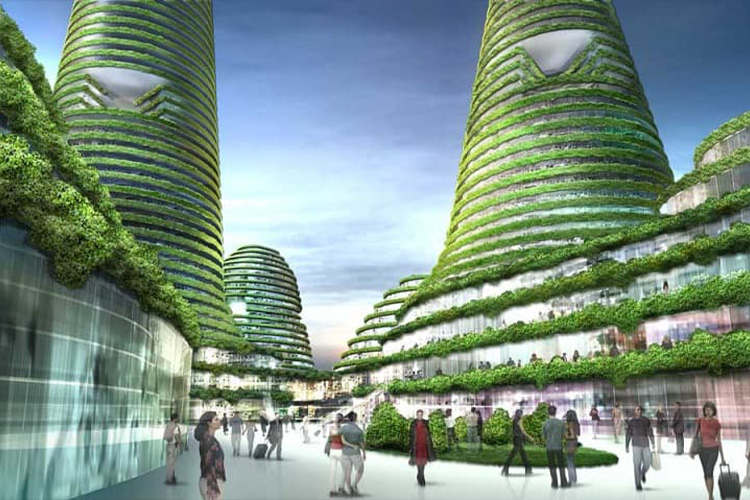

However, the spiralling costs of sustainable buildings are slowing progress, as per a new report by the RICS

Occupier demand for sustainable buildings in the UK has risen, and global appetite for green buildings is on the rise, but legislative uncertainty and lack of measurement is holding the industry back from making a real impact on net zero targets. The Royal Institution of Chartered Surveyors (RICS) global sustainability report for 2023 outlines the state of the world’s green and sustainable real estate and investor interest in acquiring and developing it.
In the UK, around three-fifths of contributors suggested that investor demand for green buildings rose to some extent in the past year. Its headline Sustainable Building Index (SBI) measure reported a +60% net balance of respondents believing that demand for green and sustainable buildings rose over the past year. This UK measure is stronger than the global average balance, which stands at +44%, although the UK figure lags a little behind Europe, which records the highest global sentiment at +73%.
Although both occupier and investor demand is rising, there is still a lack of measurement. Like the 2022 and 2021 reports, construction sector professionals were asked to give insights around embodied carbon assessment across projects. The 2023 results show that around 43% of respondents globally report they make no measurement of embodied carbon on projects. Even if carbon is being assessed, there is little evidence to suggest that it is having an impact on the choice of materials and components. To achieve targets, measurement must become a common practice. This could link to investors seeing high initial costs as the most significant hindrance to investment in green buildings. Meanwhile, nearly a third of industry professionals state that the lack of common standards and definitions of green buildings is a crucial obstacle to further investment.
Furthermore, clarifying new UK energy performance certificates (EPC) standards for commercial real estate is essential to boost investment into energy efficiency measures and create greener buildings. Tina Paillet, President Elect at RICS, said, “The latest RICS global sustainability report reveals that the UK is among the leading nations for positive sentiment in sustainable real estate. However, the research indicates that several bottlenecks, such as ongoing uncertainty surrounding EPC reform, are slowing down investment, while the UK should take greater steps to catch up with the European average.”
“The built environment contributes 40% of the world’s carbon emissions. We cannot tackle global emissions without substantially reducing embodied and operational emissions from buildings and infrastructure. Because of this, the RICS continues to develop its green standards for the sector, such as the recently-developed Whole Life Carbon Assessment (WLCA) to guide the industry in a direction that supports greater sustainability and decarbonisation. What we can measure, we can then manage – understanding the scale and scope of emissions is a key first step. Sustainability is much wider than carbon emissions, and the RICS will continue to support professionals through our range of standards, existing and in development.”